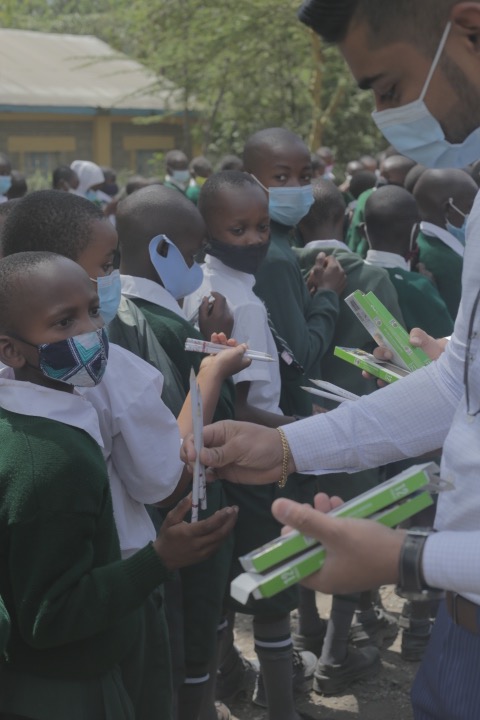
06 Sep Partnerships improving literacy in Africa
According to UNESCO, sub-Saharan Africa has the highest rates of illiteracy levels resulting from years of education exclusion. A good percentage of adults are illiterate and over one-fifth of children between the ages of about 6 and 11 are out of school, followed by one-third of youth between the ages of about 12 and 14.
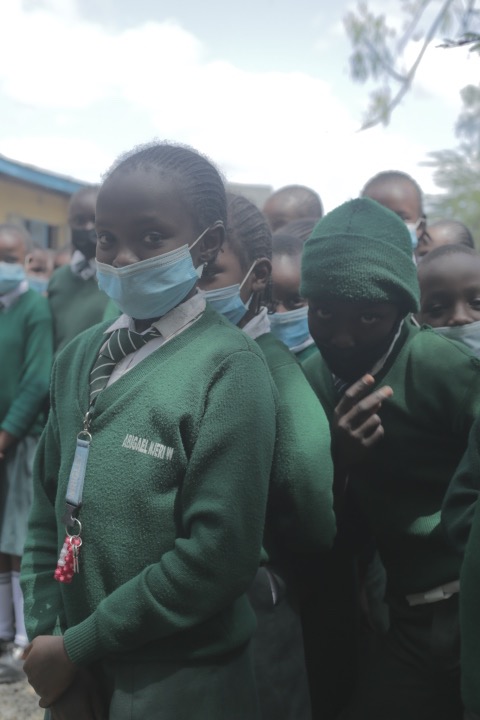
Pupils of Athi River Primary School during a mentorship program on the environment
There is need to intentionally improve literacy levels, especially in Africa in order to achieve 100% literacy for both children and adults. The education sector of most African governments at all levels needs to ensure that proper programs and structures are put in place to attain literacy for all.
These efforts should however be in line with Agenda 2030 and its Sustainable Development Goal 4 to ensure inclusive and quality education and promote lifelong learning for all. Literacy also needs to comply with the targets of the African Union’s Agenda 2063 which is to make education a priority sector for the continent’s development.
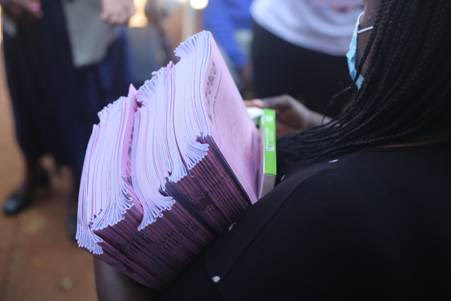
Nairobi Football Sevens Series – NF7’s representative distributing exercise books and Momo Pencils to pupils
Effort has indeed been intentionally put in place in Africa to ensure that more Africans go to school. Partnerships with the education sector and resources have been poured to ensure that the African child is not left behind. The effort has indeed paid off because Africa’s current primary school enrolment rate is now above 80% on average, with the continent recording some of the biggest increases in elementary school enrolment globally in the last few decades. This is according to the United Nations Educational, Scientific and Cultural Organization (UNESCO), which is tasked with coordinating international cooperation in education, science, culture and communication. More children in Africa are going to school than ever before.

Pupils of Athi River Primary School receiving Momo Pencils
Projects like Sun Books in Africa developed by the World Literacy Foundation started the development of an EdTech project to provide quality educational resources to children in regional and remote communities through the use of sustainable, solar-powered technology. Statistics show that more than 9,927 children have benefited from this project. Sun Books brings together innovative software and hardware, books and educational activities, and the local community itself to enhance the literacy skills of children in off-the-grid classrooms
Organizations like Global Partnerships have invested funds in a bid to bring transforming education to the underprivileged. Other international organizations like Book Aid International, Africa Educational Trust, World Literacy Foundation and the Global Education Summit among many others have developed programs and availed resources meant to partner with African School in order to avail books in school or provide reading materials to African children at no cost. Reading is an essential building block of learning that expands the knowledge of young children also contributing in empowering a child’s imagination and helping them understand the emerging world trends. A child who can read is an empowered child and this is what these organizations endeavor to do.
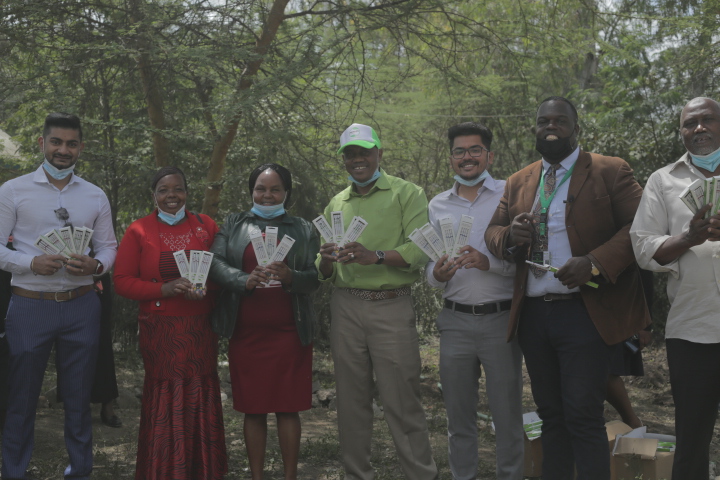
Athi River Primary School Teachers posing for a photo with staff from Momp Pencils and Purple Dot after receiving a donation of Momo Pencils
Closer home, organizations like the African Library Project are helping children to read and learn by collecting and donating books to these children. The education landscape is quickly changing with organizations like MO & MO Company through the program ‘Hope for Literacy’ contributing in the provision for quality education. The Hope for Literacy Campaign seeks to donate pencils to children from marginalized communities through funding from partners. It is through this program that partners like Purple Dot International Ltd, Ndovu Cement, Elite Offset among other organizations have come on board. Through their sponsorship, MO & MO Company Ltd has been able to donate Momo Pencils to over 5,000 children. The program continues to expand as more partners come on board.
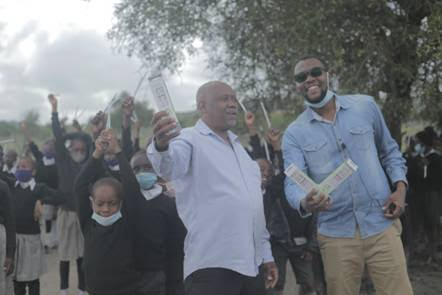
Pupils of Daystar Mulandi School receiving Momo Pencils
Through such partnerships, the unequal education landscape will gradually change and more children will be able to access quality education in Africa.



No Comments